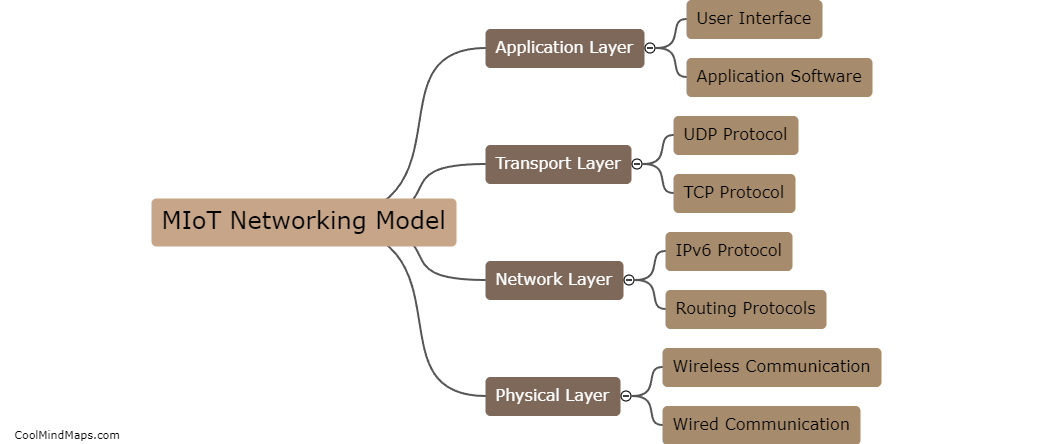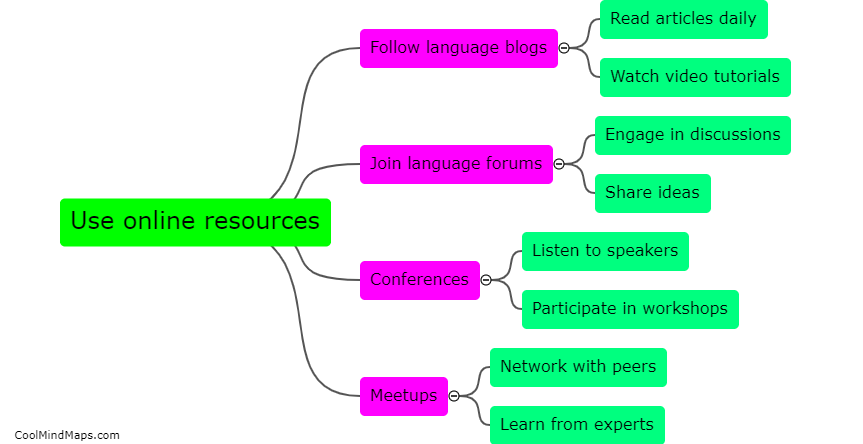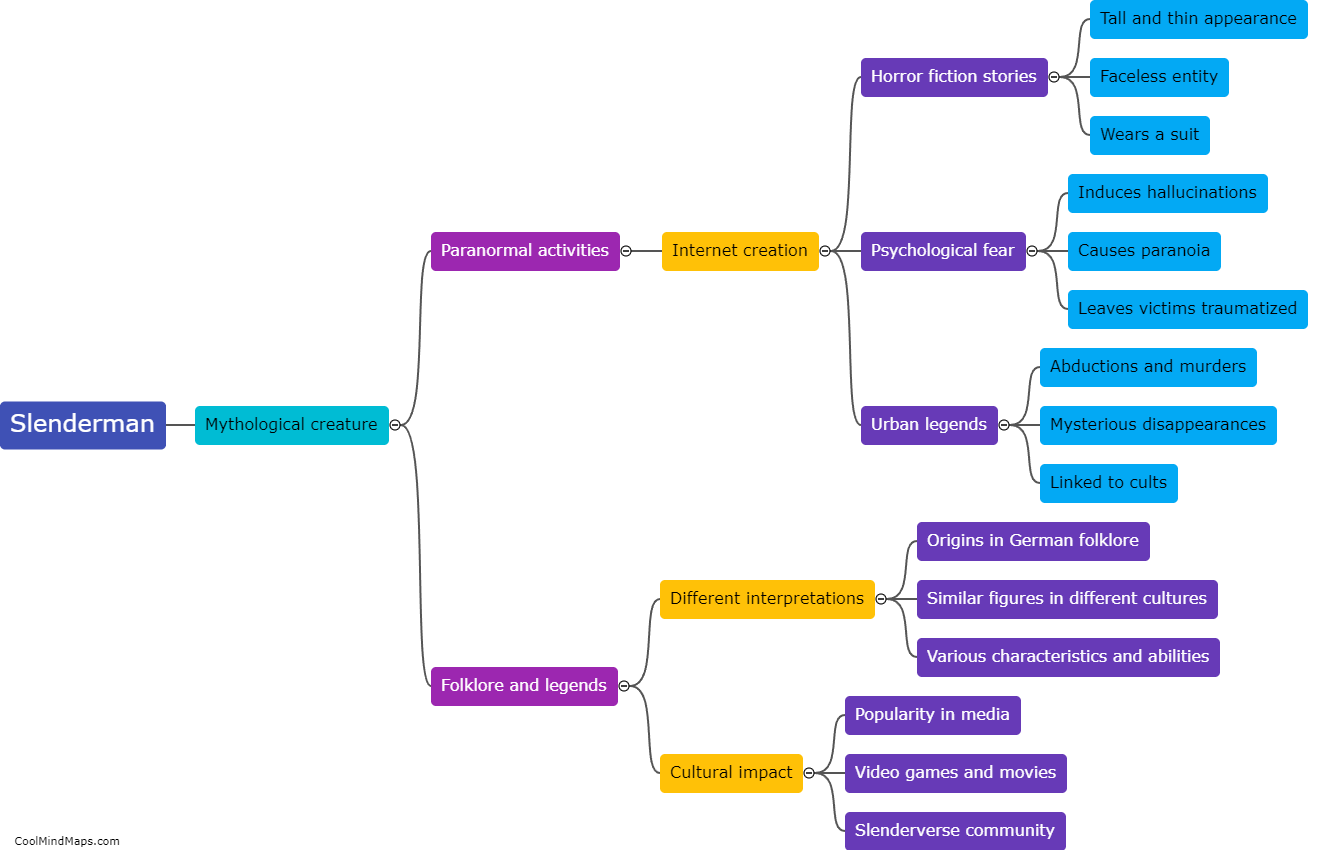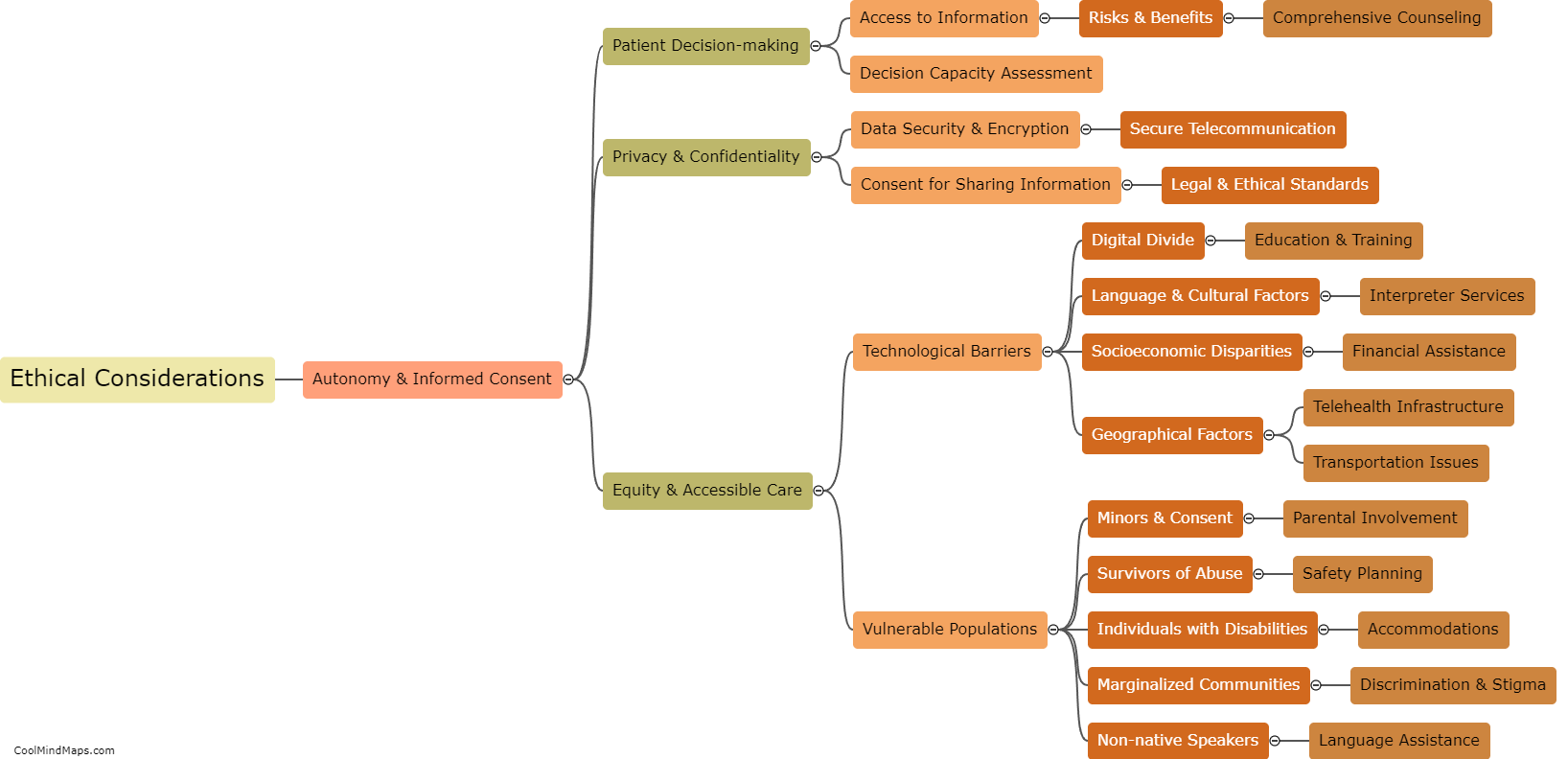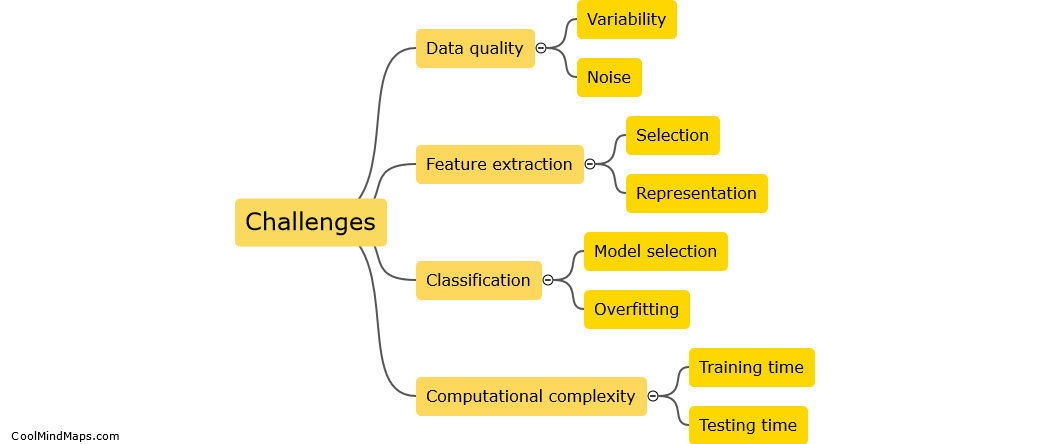What are the ethical implications of providing abortion services via telehealth?
The provision of abortion services via telehealth raises several ethical implications that need to be carefully considered. On one hand, some argue that telehealth can improve access to safe and legal abortions, particularly for individuals in remote areas or facing logistical challenges. This perspective highlights the ethical principle of justice, ensuring equal access to healthcare for all. However, others may argue that abortion is a sensitive and complex procedure that requires in-person medical attention and counseling. Concerns exist around whether telehealth can adequately address the emotional and psychological needs of patients. Moreover, ethical concerns regarding patient confidentiality and privacy need to be addressed. Lastly, telehealth for abortions may face opposition from individuals or groups with moral or religious objections to the procedure, raising important considerations of respect for diverse beliefs and values. Ethical discussions around these implications must consider the balance between expanding access, ensuring patient safety and well-being, and respecting moral and philosophical viewpoints.

This mind map was published on 4 September 2023 and has been viewed 96 times.

